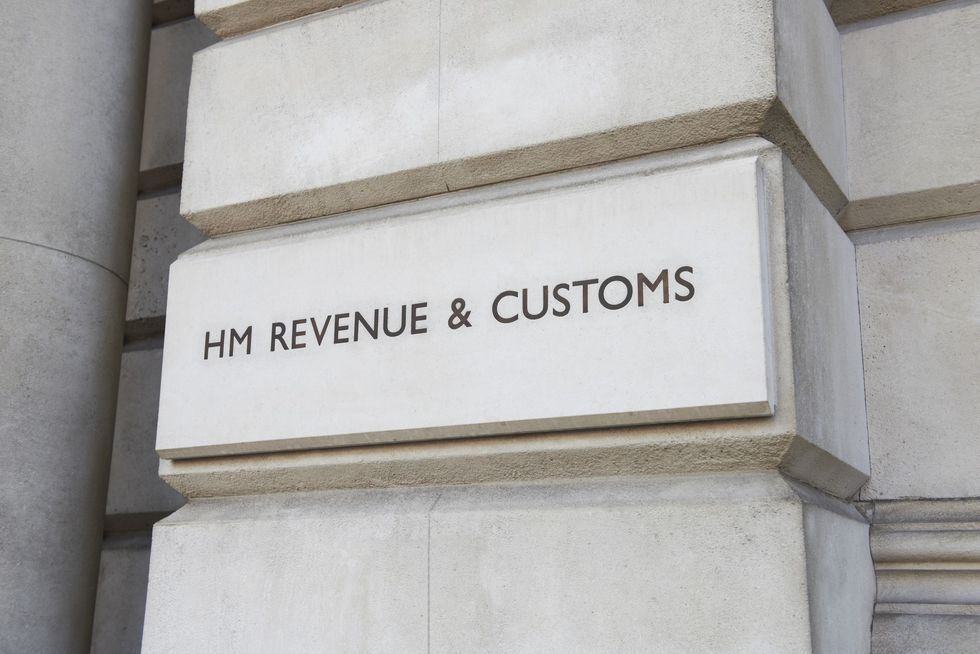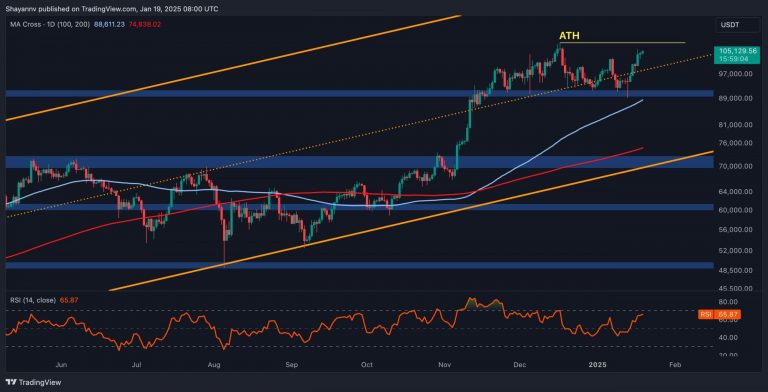Britons earning over £50,000 have been issued an urgent two week warning or they could face a “nasty tax surprise” from HMRC.
The tax authority, which collected £220 million in late filing penalties last year, has reminded taxpayers that returns must be submitted online by midnight on January 31, 2025.
The warning is especially crucial for parents earning above £50,000 who claimed Child Benefit in the 2023/24 tax year, as they must declare this through self-assessment or face penalties.
Higher earners and self-employed individuals are also required to submit returns by the deadline.
Dean Butler, Managing Director for Retail Direct at Standard Life, part of Phoenix Group said: “This year, make sure to avoid falling into the Child Benefit gap – from the current tax year, you’ll need to earn £60,000 to pay the High Income Child Benefit Charge but for the 2023/24 year it’s still £50,000. Make sure to avoid any nasty tax surprises further down the line.”
He added: “Tax returns aren’t known for being fun, but it’s important to understand what’s required and file it on time to avoid any penalties which can be costly – last year, HMRC collected a record £220 million in late-filing fines.”

Those claiming Child Benefit should declare this on their self-assessment tax return, or they may face a penalty
GETTY
I claim Child Benefit – do I need to do anything?
Those who claim Child Benefit (or their partner does) and earn over £50,000 have to declare this on their self-assessment tax return, or they may face a penalty.
This is called the High Income Child Benefit Charge, meaning they won’t be entitled to some or all of the Child Benefit.
If their partner’s income was over £50,000 but theirs was less, their partner needs to declare the Child Benefit on their tax return.
Butler added: “It’s important to be aware that as of the current tax year, the threshold rises to £60,000 – but for this return, it’s still £50,000.”
If someone earned over £50,271 in the last tax year, failing to complete a self-assessment tax return could result in missing out on valuable tax relief on pension contributions.
While all pension contributions automatically receive 20 per cent tax relief, higher-rate taxpayers may need to claim an additional 20 per cent of tax relief if they aren’t using salary sacrifice.
This extra relief can be refunded through a tax rebate, a change in their tax code (reducing their tax for the following year), or a reduction in their current tax bill. If they’re unsure whether they’re using salary sacrifice, they can ask their employer.
Higher-rate taxpayers should file a self-assessment return each year they’ve paid higher taxes. If they haven’t done this, they may have unpaid tax relief that can be claimed for up to four previous tax years, potentially amounting to thousands of pounds.
Butler warned: “HMRC doesn’t tend to prompt non-self-employed people to submit a self-assessment, so any higher rate taxpayers who pay their tax through PAYE need to actively request to submit a tax return.”
What is self-assessment and who needs to submit?
Butler said: “Self-assessment is a system HMRC uses to collect Income Tax. If you are employed, your income tax is usually automatically deducted from your wages by your employer, but if you are self-employed or receive any other income, you will need to submit a self-assessment tax return each year to pay income tax and National Insurance.

Self-assessment is a system HMRC uses to collect Income Tax
GETTY
“You’ll need to file a self-assessment if, in the last tax year (6 April 2023- 5 April 2024):
- You were self-employed as a ‘sole trader’ and earned more than £1,000 (before taking off anything you can claim tax relief on)
- You were a partner in a business partnership
- You earned £150,000 or more
- You had to pay Capital Gains Tax (CGT) when you sold an asset that had increased in value
- You had to pay the High Income Child Benefit Charge
“Make sure to check you tax code is correct before submitting your self-assessment. If you need assistance with your self-assessment, then you can contact HMRC, or find an accountant accredited in the UK to help, which can be relatively inexpensive. You can also appoint a relative or friend to fill in and send your tax return on your behalf.”


























+ There are no comments
Add yours